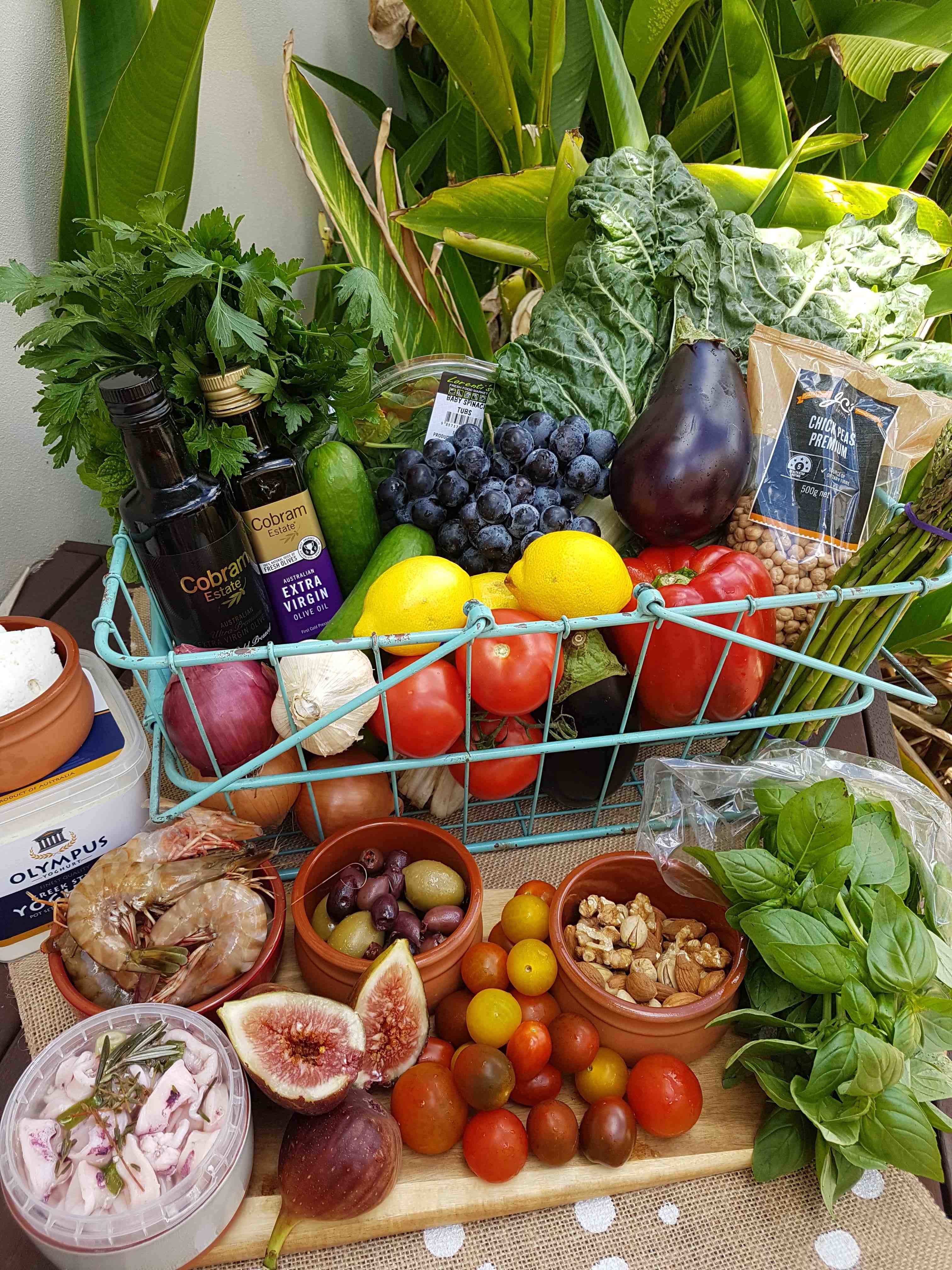 Food can affect our mood, and indeed our mood can affect the food choices that we make. Many studies around the world are showing that the same nourishing dietary patterns which improve your physical health can also have a protective effect against depressive disorders. Conversely, dietary patterns which are very high in ultra-processed foods (refined sugar, trans-fatty acids) can have a negative effect on physical health and increase the risk of depressive disorders.
Food can affect our mood, and indeed our mood can affect the food choices that we make. Many studies around the world are showing that the same nourishing dietary patterns which improve your physical health can also have a protective effect against depressive disorders. Conversely, dietary patterns which are very high in ultra-processed foods (refined sugar, trans-fatty acids) can have a negative effect on physical health and increase the risk of depressive disorders.
This is certainly evident with a 2017 Australian study (aptly named the SMILES Trial) which showed substantial benefits of a Mediterranean Diet to treat depression. Another study in 2009 showed that individuals who followed a Mediterranean approach to eating had a reduced risk of developing depression – even after a ten year follow-up. Further research of 7000 Australian adolescents established that adolescents with a poor nutrition quality (a predominant consumption of high fat and high sugar foods) have an increased likelihood of adolescent depression. The foods we eat have a direct effect on our body’s state of inflammation, brain functioning and the gut microbiome. All of these factors are linked with the risk of developing depressive symptoms in individuals.
A low level of serotonin, “the body’s happy hormone” is also linked to depression, insomnia, anxiety and fatigue. We need B group vitamins that are found in wholegrains and tryptophan to help our body make adequate serotonin. Our body needs tryptophan from dietary sources such as lean chicken and turkey, fish, eggs, dairy, nuts, peas, bananas, pumpkin and spinach.
Nutrition quality really does matter, and it is not just the quality of one meal – rather it’s what you eat for weeks, months and years that make the difference. It’s not what you do some of the time that makes a difference; it’s what you do most of the time that has the impact on your physical and mental health. The benefit seems to lie in combination of the foods that we eat, working in synergy together, rather than the isolated nutrients. That is why the balance of whole, real foods within your meal is so important – not only does it provide colour, flavour and interest, it will also provide fabulous nutrient combinations.
Foods to Enhance your Mood
The Mediterranean Diet is a powerhouse of naturally occurring antioxidants and anti-inflammatory agents. Its enormous diversity of plant based foods promotes a healthy and diverse microbiome in the gut. Mediterranean foods are nature-packed with the most essential nutrients that produce our “happy hormones”. Increase your Mediterranean foods – more fish, some lean red meat and chicken, legumes & lentils, extra virgin olive oil, plenty of coloured vegetables and fruits, leafy greens every-day, choose wholegrains, natural Greek yoghurt, and a handful of nuts (particularly walnuts and brazils). Limit your intake of ultra-processed foods, takeaway foods, high sugar foods and drinks and replace these with nourishing foods that add value to your mind and body.
Mediterranean shopping list
